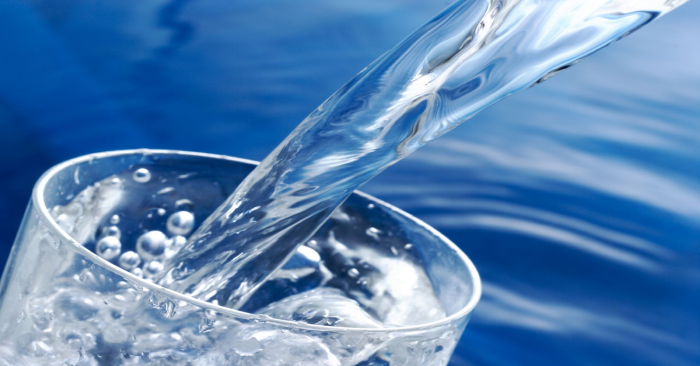Is it Safe to Drink Rainwater? Know These Facts

The notion that “rainwater is the purest form of water” is often romanticized, but its suitability for drinking hinges on various factors. While rainwater can indeed be pristine due to the process of condensation, its purity is influenced by collection methods, environmental conditions, and potential contaminants. Here are essential steps to ensure the safety and hygiene of rainwater intended for drinking:
Select a Clean Collection Surface or Vessel: Choose a clean surface or vessel for rainwater collection, free from chemicals or pollutants. Opt for food-grade materials like glass, stainless steel, polypropylene, or high-density polyethylene for storage vessels. Ensure the vessel has a secure lid to prevent debris and pollutants from entering. Regularly inspect and clean the vessel to maintain hygiene.
Filter the Water: Prioritize filtration to remove impurities such as dust, organic matter, and particles before consumption. Simple methods like settling, mesh screens, boiling, or commercial filters can be effective. Settling allows sediments to settle at the container’s bottom after a few hours. Mesh screens made of stainless steel or nylon are suitable for filtration. Certified filters available in the market can also purify rainwater effectively.
Regular Sanitization: Conduct routine inspections of harvested rainwater to detect microbial growth, algae formation, sediment accumulation, and other contaminants. Monitor for unusual odors or flavors and test water quality using testing kits. Maintain cleanliness by regularly sanitizing the collection vessel and surroundings to minimize the risk of contamination.
Consider Vulnerabilities: Individuals with compromised immune systems, pregnant women, elderly individuals, and infants should exercise caution when consuming untreated rainwater due to potential health risks. If susceptible to illness or contamination, it may be advisable to avoid using rainwater for drinking purposes.
By adhering to these guidelines and adopting appropriate precautions, the safety of harvested rainwater for drinking can be significantly enhanced. However, it’s essential to remain vigilant and prioritize hygiene to mitigate potential health risks associated with untreated water consumption.






